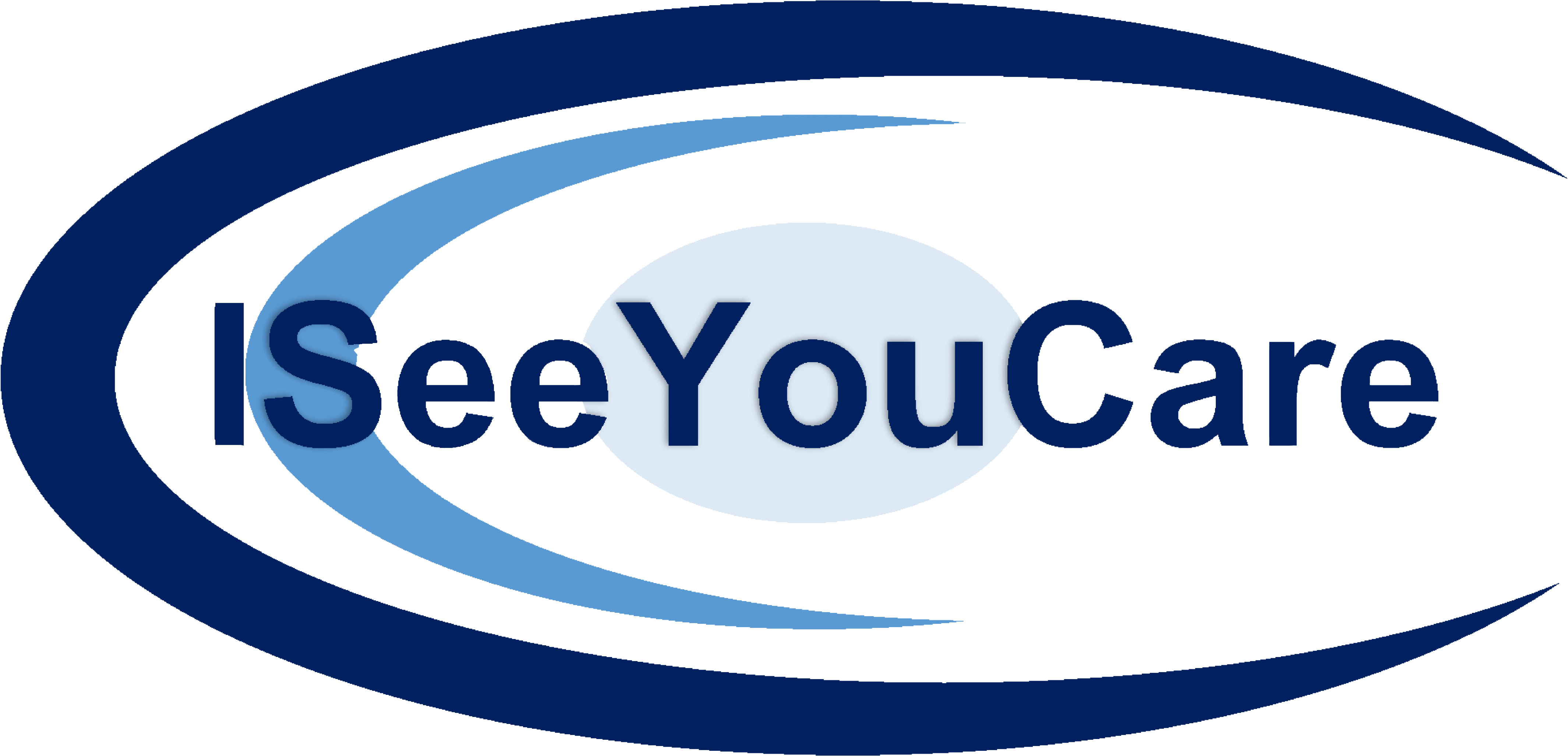Patients face this dilemma on a regular basis. They have been diagnosed with a serious condition. The doctor gives them the grim news. Perhaps it is surgery, chemo or an elective course of action to treat the condition. Patients are afraid to ask for a second opinion. There is a fear of the unknown. Additionally, there is a concern for hurting their physician’s feeling. But second opinions can be very beneficial. The value of a second opinion is that it gives the patient options. And as the healthcare industry moves toward value-based care, all providers should embrace this practice and not feel threatened by it.
Some of the values of a second opinion include:
- The patient could receive a different diagnosis or treatment plan. Perhaps their regular physician is a fine Internal Medicine doctor but may not have as much expertise in complex conditions and current treatment options. In a recent study at the Mayo Clinic, 88% of patients that sought a second opinion received a different or revised diagnosis, of which 21% being completely different from the first.
- The second opinion may simply provide more information for the patient. Often patients do not fully understand the condition or diagnosis. Hearing it from another source can reinforce the message and perhaps explain things in another way that resonates with them.
- It could confirm the diagnosis and treatment plan. In doing so, the patient now has confidence in their physician and will enter the treatment program fully engaged and supportive of the approach.
ISeeYouCare’s Approach to Second Opinions
ISeeYouCare provides a platform that fully supports second opinions. A patient that uses their MyeMHR Personal Health Recordplatform can easily request a second opinion from any physician in the United States! We link to the National Provider identifier database in order to automate communication with any provider. Once a patient has selected a provider for the second opinion, they search for them in our application. They add any notes and supporting information, and send the request to the physician.
The physician receives an email with a request for a second opinion. But more importantly, they are presented with a single instance of our cloud-based EHR platform. Once signing a HIPPA agreement, they have access to the patients full lifetime health record. The physician can review the information, conduct a telemedicine encounter with the patient, and provide a diagnosis and treatment plan back to the patient. This automated process is simple and straightforward. Therefore, it puts the patient in control of their healthcare options.
If you are interested in understanding how our platform supports the value of a second opinion, please contact us today!

